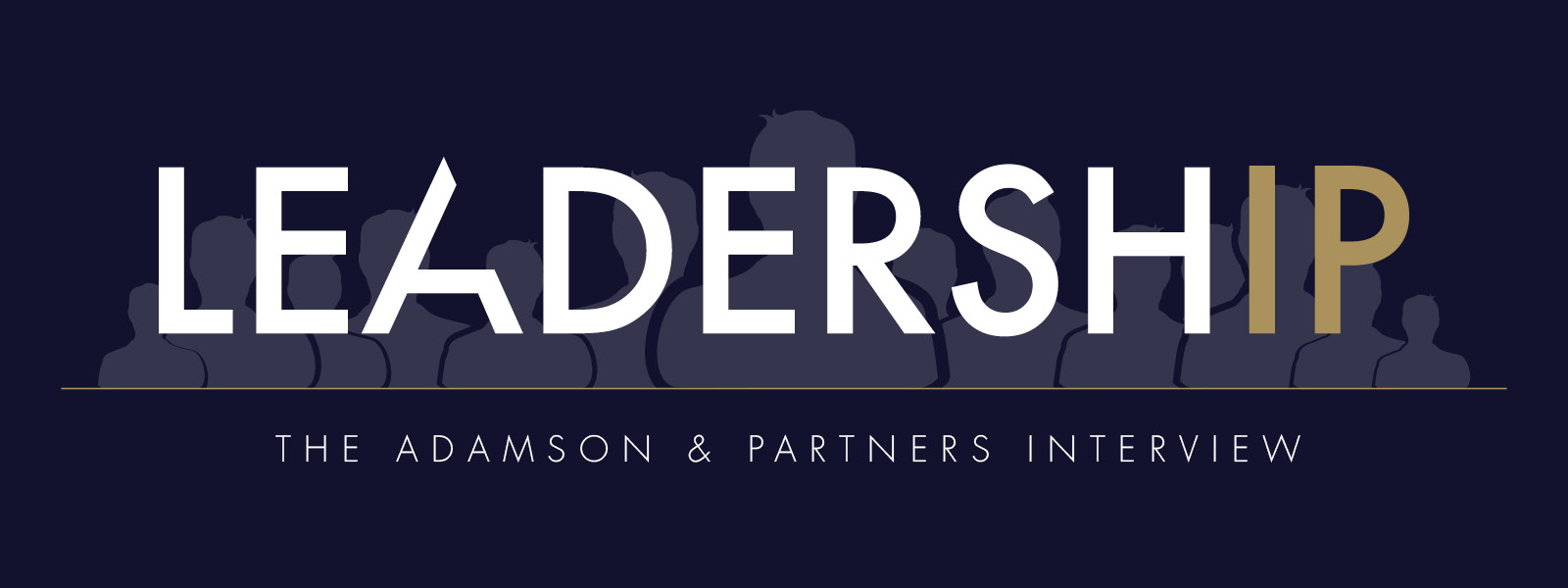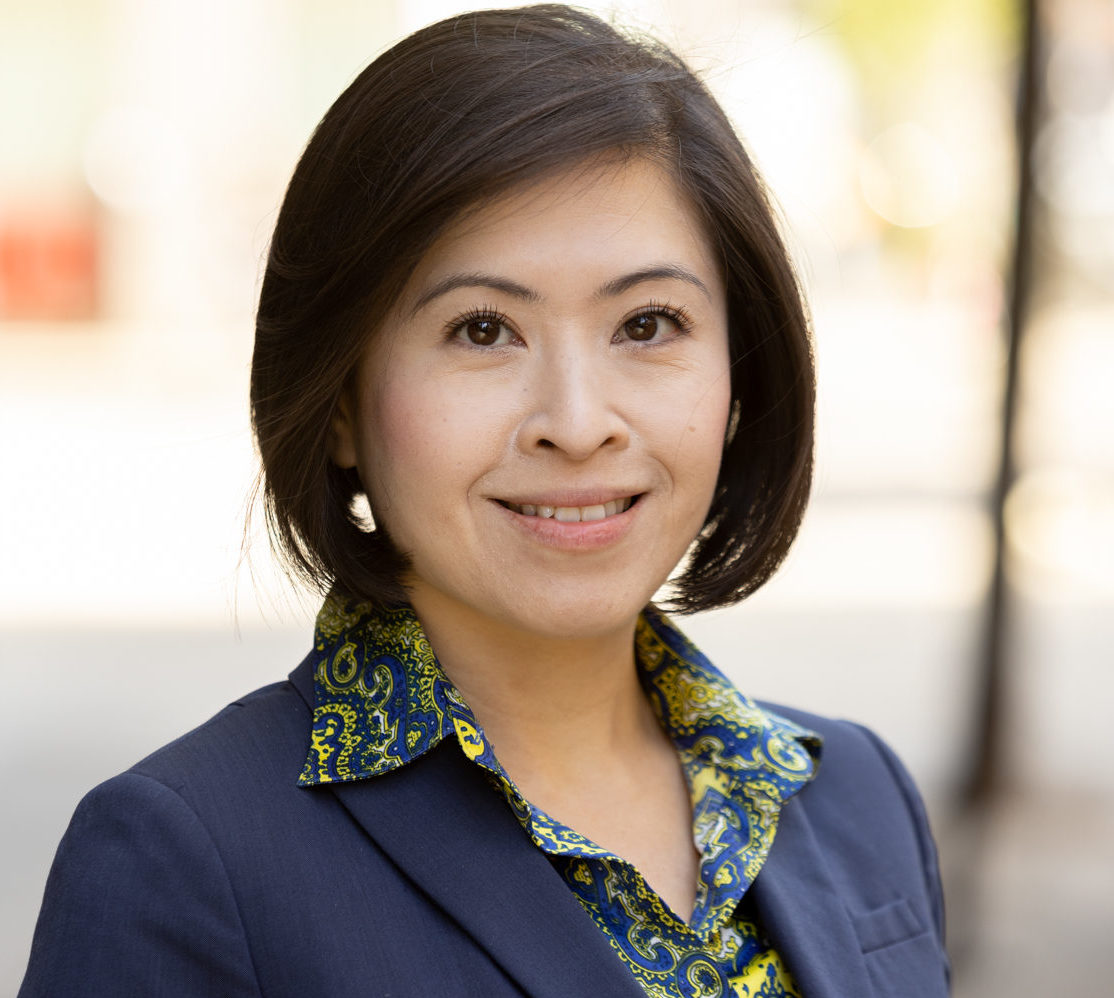
Stefan Recknagel is a prominent figure in the Intellectual Property industry. An engineer by background and a dual-qualified German and European Patent Attorney, Stefan has built his technical skillset to become an all-rounded IP executive, protecting key brands and patent portfolios in the technology space, deriving commercial value out of IP, as well as leading patent litigation including some landmark cases – Unwired Planet and Intellectual Ventures.
Since 2019, Stefan has worked as the Chief IP Counsel – Global for Leica Microsystems, taking joint responsibility for trademarks and patents, the most sizeable part of the company’s IP department’s work.
In our latest edition of Adamson and Partners’ LeadershIP series, Rene Chung had the pleasure of sitting down with Stefan to discuss topics including the development and challenges of IP strategies, working on recognised cases, and the best practice for managing a collaborative relationship between In-house and external counsel.
First of all, as a professional with an academic background in computer engineering, what attracted you to a career in intellectual property?
After finishing my degree and starting to work as an engineer I became quite quickly bored and had the feeling that I needed to pursue another professional challenge. I looked into starting a PhD but didn’t want to go back to university. I also thought about starting an MBA. However, when I considered a career in IP it sounded like the most challenging option but also the most interesting to me. The combination of the technical aspects with aspects of law is just unique. Of course, also the more or less guaranteed good remuneration after passing the Exam(s) especially with a rarer technical background in Computer Engineering for a patent attorney was a big plus. I have to admit though, the first months were really tough as I probably didn’t invest enough time understanding what I will be faced with during the patent attorney training before making the move to a law firm. On the other hand, if I would have, I would have probably stayed in my comfort zone and never become a patent attorney.
During your career, you have been part of some monumental projects including leadership of the supervision and coordination of landmark litigation cases including Unwired Planet. Could you tell us a bit more about your experiences?
Shortly after I joined Huawei, I was trusted to support these cases. I am extremely grateful to Huawei and their IP leadership team to put such a huge amount of trust in a back-then relatively inexperienced patent attorney. Working together with and against some of the best IP attorneys in the space gave me a huge knowledge and experience boost. Having gone through extensive litigation also sharpens your understanding of how to properly draft patent applications so that the resulting patents are worth more than the paper they are written on. However, these big landmark cases are of course incredibly interesting and receive a lot of attention. A lot of seminars focus on these cases however there are still a lot of and probably much more disputes and questions to be answered outside the SEP space. I think more emphasis should be given to these cases as opposed to holding the 17th seminar on the Nokia vs. Daimler dispute which only has practical relevance for a selected number of IP attorneys and companies.
In your view, what are the greatest challenges a company can face when developing its IP strategies?
It is to find the right balance between trying to file worldwide patent applications and trademarks for every tiny feature in contrast to artificially limiting your filing program based on too limited budgets. To get this balance right the IP team has to work closely with the Business and R&D teams to understand what the long-term company strategy is but also where the competition is heading. As budget is always limited, it is important that pruning decisions are made early and are supported by and aligned with R&D and BU. In addition, year-end budget limitations should not limit your filing program. Company leadership has to be willing to find additional funds if needed to file for protection of important inventions even when budget is limited as in the in the long run not protecting these inventions can have significant impact on your ability to protect your products and your revenue.
You have held various leadership positions within your career. What advice can you share with IP professionals who aspire to follow your path?
Try to see both worlds of the IP space, for instance, spend some time both in a law firm and in industry. This way, it won’t matter if you pursue a career in a law firm or in a corporate environment, the experience from the other side will help you in your career. In my opinion, if you want to become a great In-house IP attorney it is necessary to spend some time in a law firm. From this experience, you will learn how to deal with an overwhelming amount of work but still learn to deliver quality work to your client. On the other hand, the In-house environment provides you insights into development and decision processes which are typically unknown for a pure law firm-trained attorney.
How do you assess if an issue can be solved In-house, or if it is outside the scope of In-house expertise and needs external assistance?
I see In-house IP counsel as an architect who describes how the house should be built. The external counsel then builds the house according to our plans. My In-house team is closer to our projects and products than any outside counsel can ever be. They are responsible for granting FTO, and their IP portfolio properly protects what is in the market and in the pipeline. However, I trust external counsel with the drafting and the searching as I believe that a good external counsel should have more experience in this field than the In-house counsel simply because this is the external counsel’s daily business. Of course, we also rely on outside counsel for any inter partes proceedings with strong guidance from the In-house counsels.
What type of qualities do you look for in your outside counsel?
I have to be able to rely on my outside counsel, if I have to read every draft the outside counsel provides me in detail, then the outside counsel is of little use to me. My outside counsel has to adhere to the guidelines we provide but can suggest improvements. Furthermore, my outside counsel has to understand our products and strategy so that they support us with as low maintenance from our side as possible.
Finally, if you hadn’t chosen to pursue a career in intellectual property, what career would you have chosen?
If I could start all over again, I would have probably still become an engineer but with a focus on Motorsports. I love anything that has some form of engine and moves quickly.
If you are looking to develop and grow your IP and Legal departments, we would be delighted to assist. Whether you are looking for your next career opportunity, help expanding your team, or assistance with mergers and acquisitions, contact us today for a confidential discussion.
Want to keep informed on the latest Legal and IP news and insights? Sign up for our monthly newsletter to receive the latest industry insights from Adamson & Partners.


